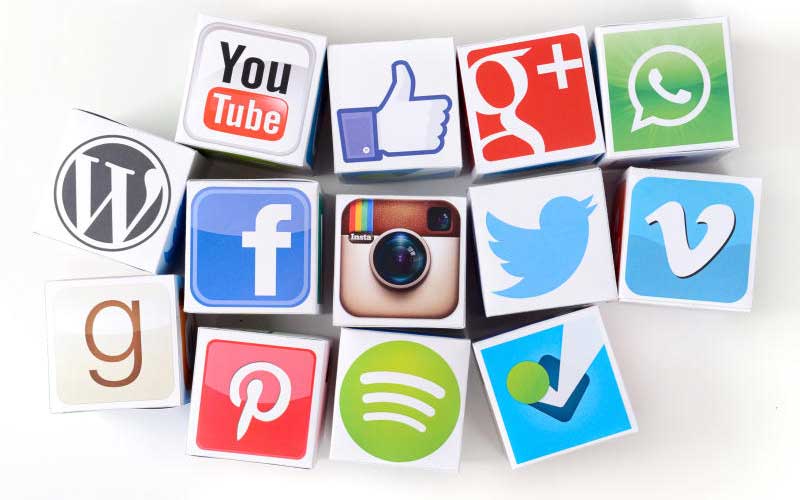×
The Standard e-Paper
Smart Minds Choose Us

When social media started gaining popularity in the late 2000s, people regarded the platforms as a playground for young people. Nobody imagined that one day, sites like Tinder would change the dating world and Facebook and Twitter would become the go-to place for information and entertainment.